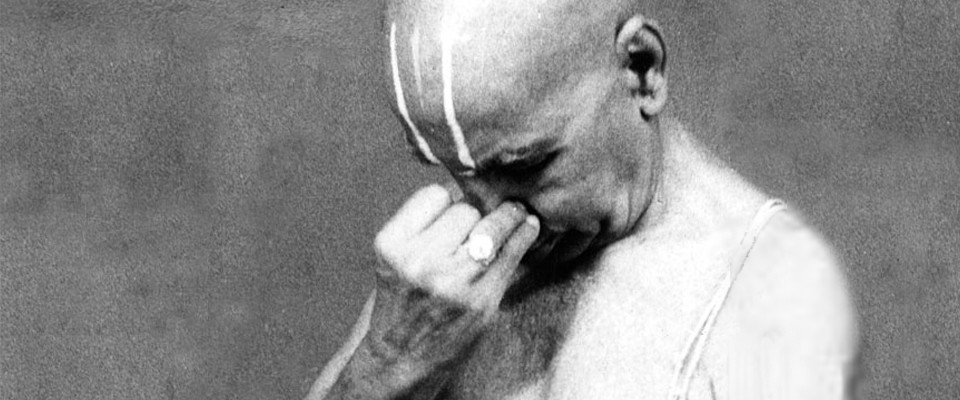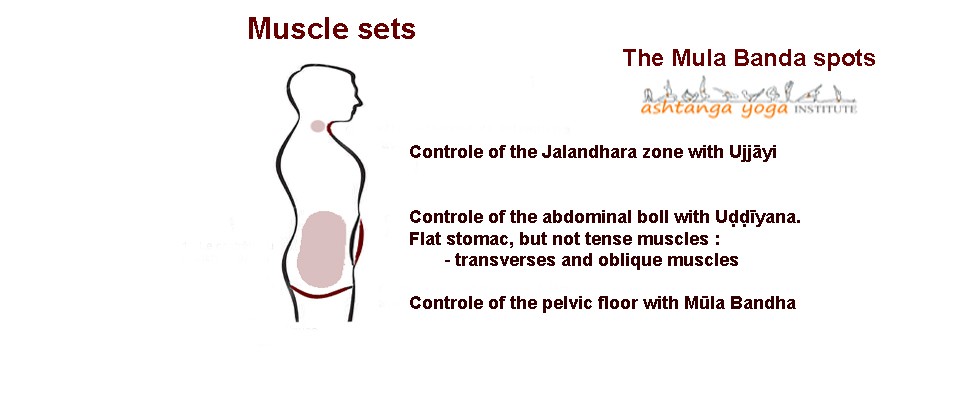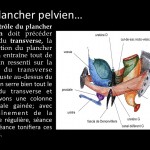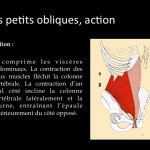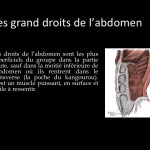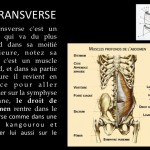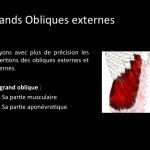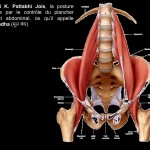In the yoga tradition, there are several muscle positionings (Bandha).
The first control is « Mūla », the pelvic floor, the base.
The second control is « Uḍḍiyāna », the abdominal floor .
- At the end of the exhale, (when your lungs are completely empty)
- Stretch the space between the iliac crests and the ribs
- Stretch the transversals, the obliques (inner and outer) and the lower abdominals
Not to be confused with the position « Uḍḍiyāna bandha» that is not a breath, but a stop to the breath.
The best position to learn and deepen uḍḍiyāna & mūla bandha
This ” abdominal control ” can be experienced very easily in the posture « Adho Mukha Svānnāsana » (the dog position with the head down) in sūryanamaskara. This position is held during five deep breaths.
Together « Mūla Bandha & Uḍḍiyāna » represent a safety system that protects the body thanks to its actions on the lower body fascias (reciprocal tension of right and left fascias).
This set participates to controlling the energy in the body (Prāṇa)
